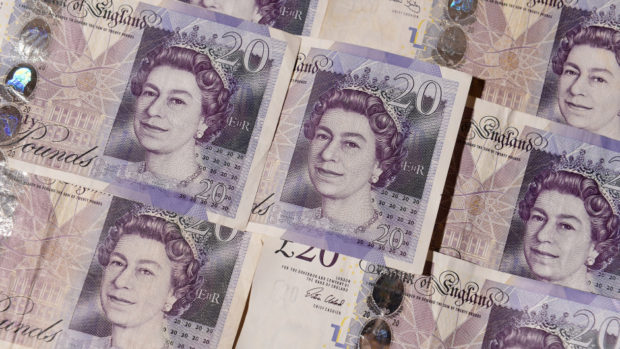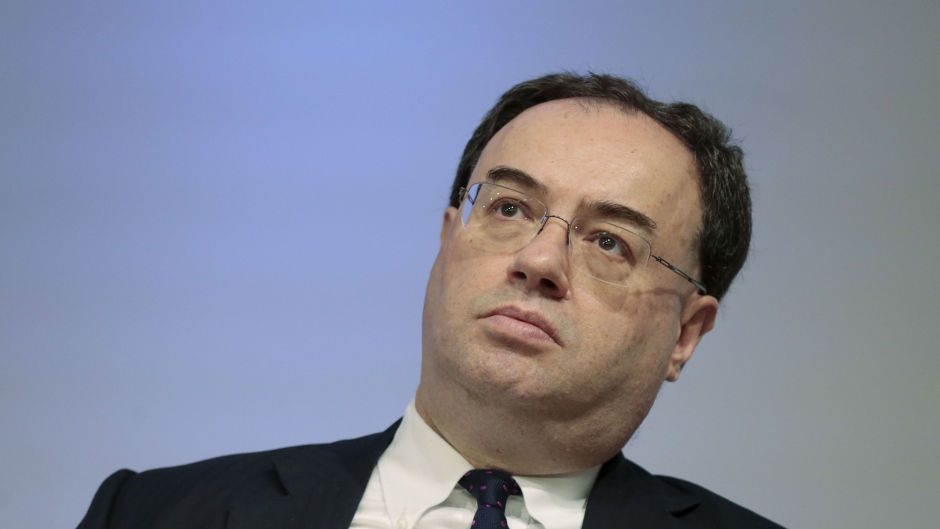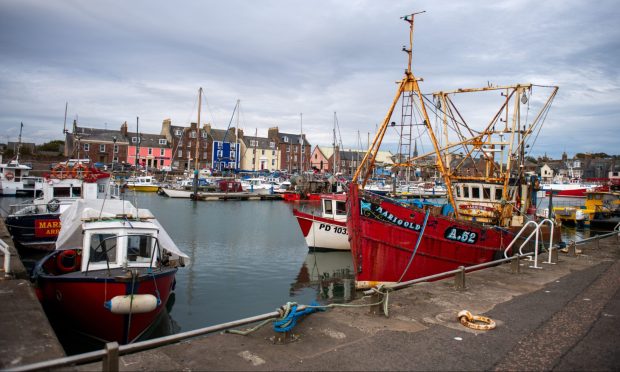At a time when thousands of jobs are at risk and countless businesses are closed for the lockdown, it was already perfectly clear the coronavirus has triggered an economic emergency.
But yet more evidence of the peril posed by the coronavirus came from the Office for National Statistics (ONS) with the publication of some truly jaw-dropping UK Gross Domestic Product (GDP) figures.
UK economic growth shrunk by a record 20.4% in April, an unprecedented contraction that was so dramatic it dwarfed the worst figures recorded during the 2008/09 financial crisis.
Here was proof, if proof were needed, of a looming and potentially catastrophic recession and the unprecedented challenges facing both the Scottish and UK governments.
The Bank of England Governor Andrew Bailey said the figures were unsurprising, despite their magnitude. A contraction of that size is what happens when the economy is shut down to save lives during a pandemic.
The key to recovery will be how quickly the rapidly shrinking economy can bounce back. Given the timing of the lockdown, the April figures are expected to be the worst, a forecast that perhaps offers a glimmer of hope.
Against that, experts at the Fraser of Allander Institute warn that the full impact of jobs of the shutdown has yet to be seen. Throw Brexit into the mix and the challenges are almost overwhelming.
But the immediate question facing governments is how to manage the easing of the lockdown. Before the publication of the GDP statistics, this week had already seen a marked change of tone from business. Job losses and the existential threat to many firms has resulted in louder demands for lockdown to be eased.
Most notably this has been in the form of calls for the two-metre social distancing rule to be relaxed as the R-number has declined and the death rate slowed up.
So far, Nicola Sturgeon has stuck with the two-metre rule in the interests of saving lives. But at some point the first minister and her advisers will have to make a judgement on that and other restrictions.
Given the importance of tourism to Scotland, Ms Sturgeon and her advisers have tried to provide some clarity by announcing a July 15 date for restarting the summer season.
Meanwhile, the UK Government has poured billions into its furlough scheme. But the severity of the situation means there are heartfelt calls for its extension at further cost to the public purse. The trick will be to stimulate a sustainable recovery while ensuring the virus remains suppressed – a balancing act worthy of a high-wire acrobat.





